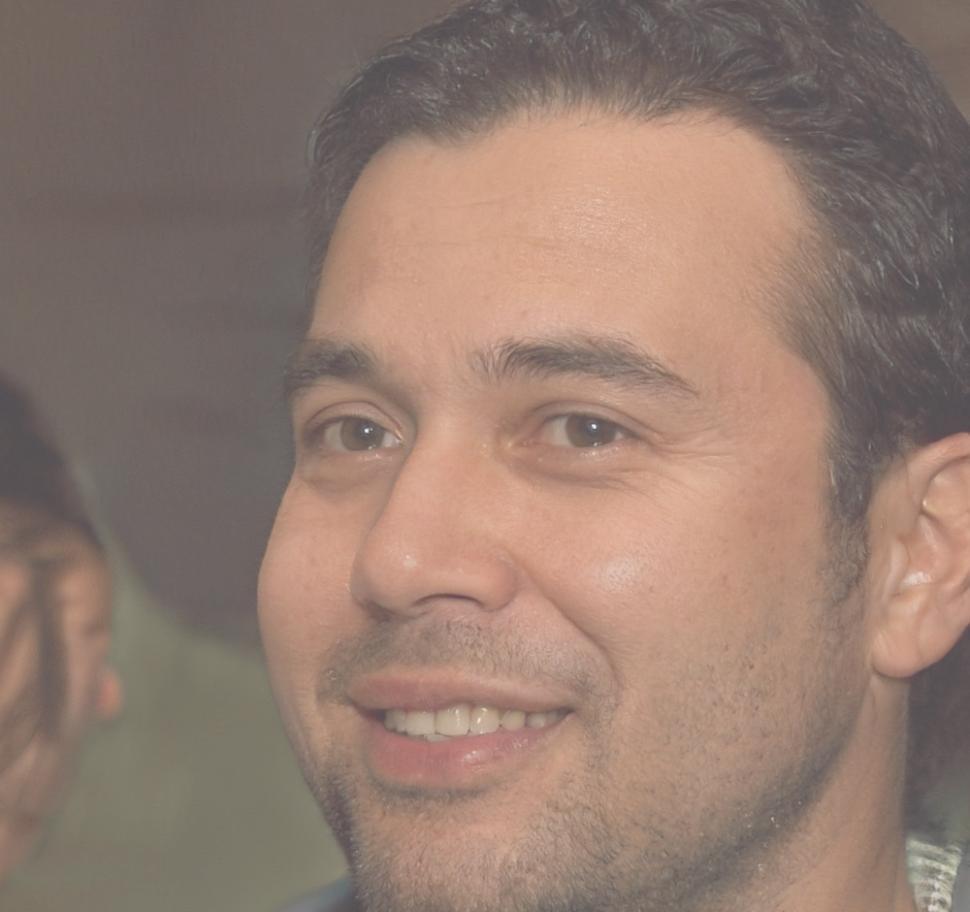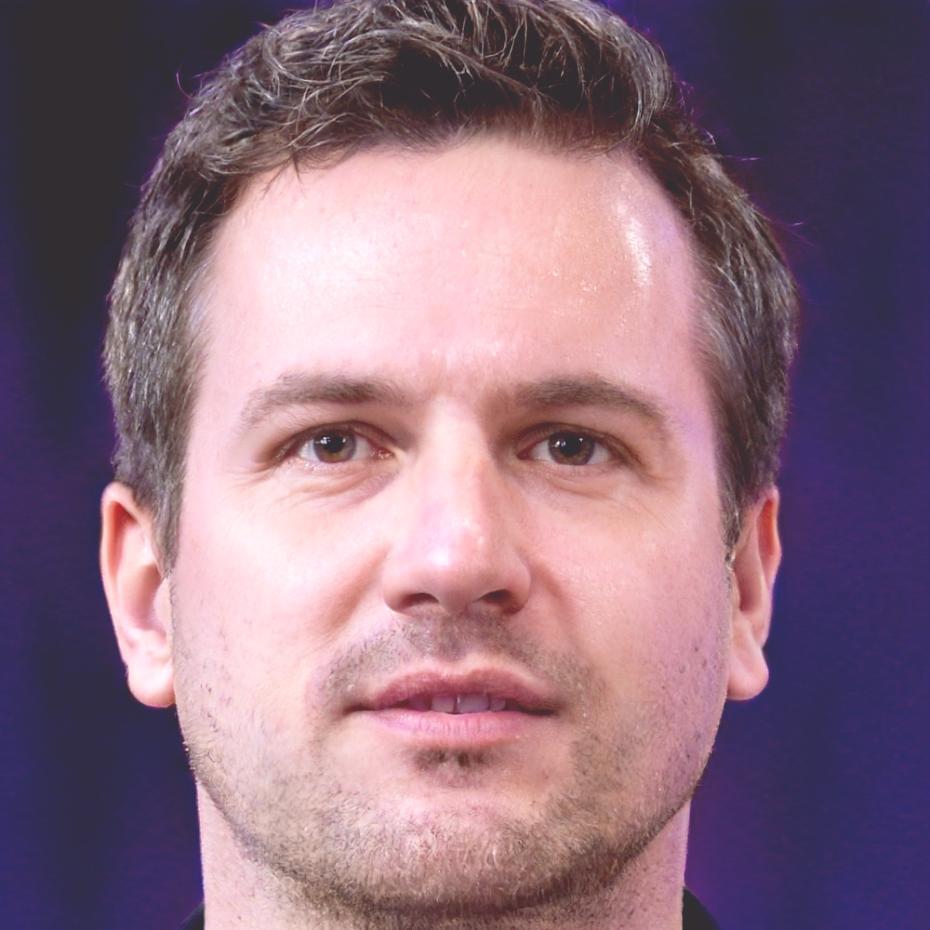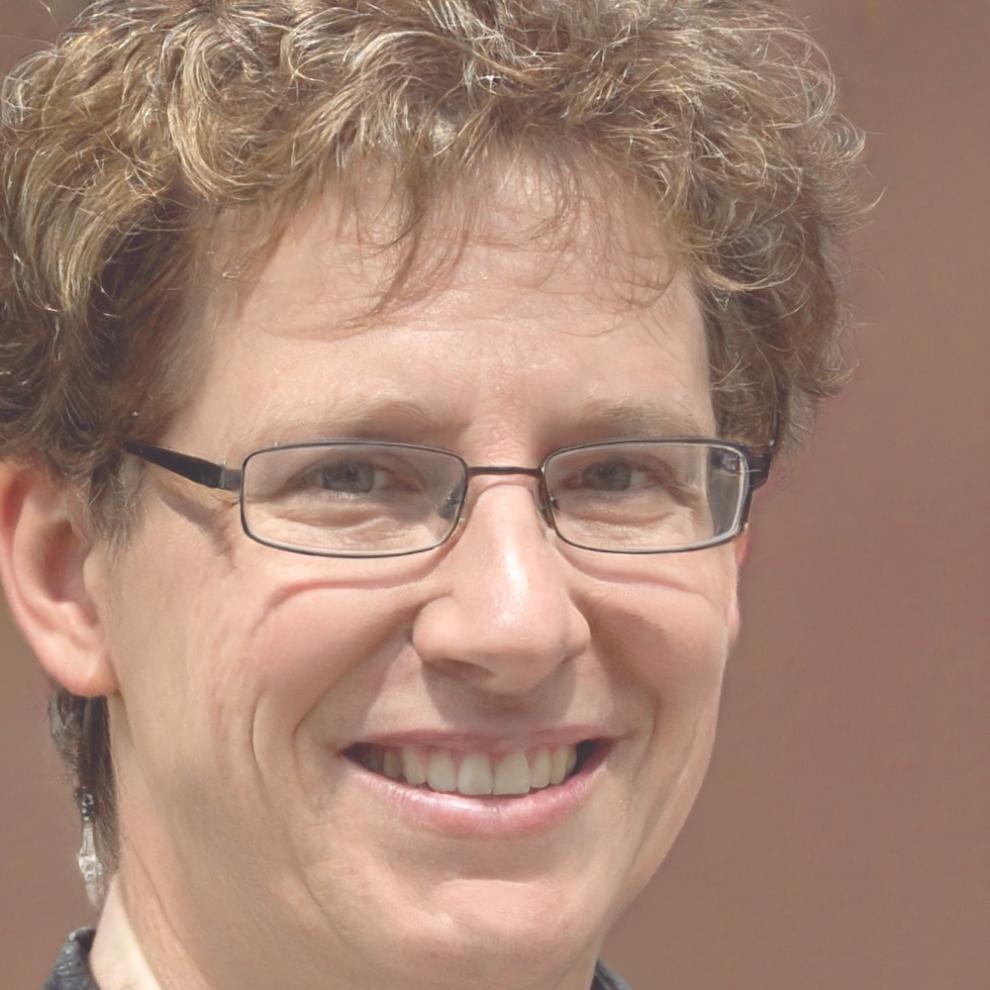Corporate Finance Training That Actually Prepares You
We built this program after watching too many analysts struggle with real-world situations their courses never covered. Our approach focuses on practical application over theoretical perfection.
Discuss Your GoalsChoose Your Path Forward
Three tracks designed for different career stages. Start dates available from September 2025 through January 2026.
Financial Analysis Fundamentals
You've got the basics but need structure. This 16-week program connects concepts you already know into a coherent framework analysts actually use.
- Live case studies from Thailand's banking sector
- Financial modeling workshops twice weekly
- Real datasets from manufacturing and retail
- Small group sessions capped at 12 participants
Strategic Finance for Mid-Level Analysts
For analysts ready to move beyond spreadsheets. This 20-week intensive covers valuation, forecasting, and the softer skills that separate good from exceptional work.
- M&A analysis using regional deal structures
- Direct mentorship from practicing CFOs
- Scenario planning for volatile markets
- Communication frameworks for stakeholder updates
Finance Leadership Transition
Moving into management changes everything. This 14-week program addresses the shift from doing analysis to guiding teams and influencing business decisions.
- Building finance teams that deliver
- Cross-functional collaboration tactics
- Board presentation techniques
- Crisis management simulations
How The Program Unfolds
No shortcuts here. We take time to build understanding before adding complexity.
Weeks 1-4: Diagnostic Phase
We assess where you actually are versus where you think you are. Most people discover gaps they didn't know existed. That's the point.
Weeks 5-10: Core Skill Development
Heavy focus on modeling, analysis techniques, and interpretation. You'll work with incomplete data because that's what real work looks like.
Weeks 11-14: Application Projects
You tackle scenarios pulled from actual business situations. Some are messy. Some have no clear answer. Welcome to finance.
Weeks 15-16: Integration & Review
We pull everything together and identify what you still need to work on. Learning doesn't stop when the program ends.
What Changes After Completion
We track participant progress for 18 months after graduation. Here's what typically shifts.

-
Confidence in Complex Situations
Participants report feeling more comfortable tackling unfamiliar problems. That's different from having all the answers, but it matters more.
-
Faster Analysis Turnaround
Most see their workflow speed improve within 8-12 weeks as frameworks become automatic. One participant cut monthly close time by three days.
-
Better Stakeholder Communication
Understanding finance is one thing. Explaining it to operations or marketing is another. We spend real time on this because it's where many analysts stumble.
-
Recognition from Leadership
When your work becomes more reliable and insightful, people notice. Several graduates have moved into senior positions, though we never promise career advancement.
What Past Participants Say
Honest feedback from the 2024 cohorts. Not everyone loved everything, but most found value.
The program pushed me harder than I expected. Some weeks were genuinely difficult. But I left with skills I use constantly now, especially the forecasting frameworks.
What surprised me most was the emphasis on communication. I came for technical skills but left realizing my biggest gap was explaining my work to non-finance people.
The case studies using real Thai market data made everything click. Theory is fine, but seeing how analysis applies to situations I actually encounter was invaluable.


